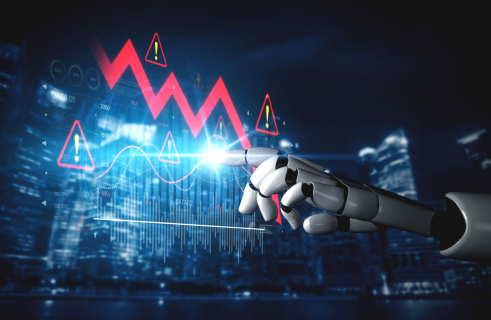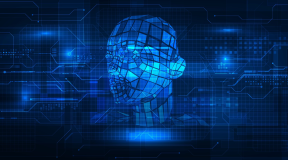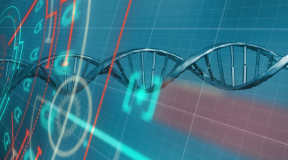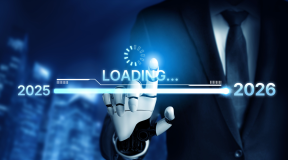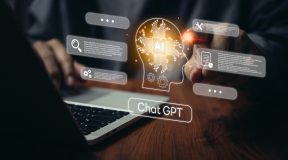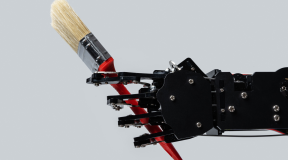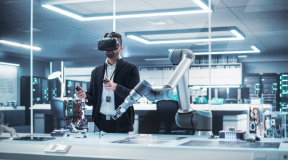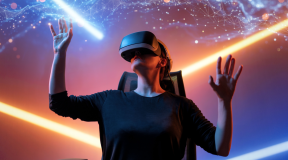-
en

artificial intelligence
The creation of thinking machines inspires great optimism in the future of technical progress on the one hand, but it also creates fear for our freedom and safety. However, we are still far from creating really dangerous technologies. Today, artificial intelligence algorithms are too specialized and only capable of solving specific problems. The main operating principle of modern programs involves the application of skills acquired during training using a large data sample in unknown situations. For example, computers can help astronomers find new space objects by analyzing large amounts of data collected using telescopes. Humans are simply incapable of processing these large amounts of data.
Smart City: Technologies That Make Cities Come Alive
From Assistants to Autonomous Operators: How AI Agents Changed the Digital Landscape
Vibe Coding: How a New Technology Changed Programming
Simulation Medicines: How Human Digital Twins Are Accelerating Medicine
Prototypes of Technological Inventions: How Humanity Imagined the Future Long Before Technology
Beauty Requires Sacrifice. Can Robots Replace Humans in Beauty Salons?
How Artificial Intelligence Changed Our World in 2025 and What to Expect in 2026
Hackerless Attacks: How Autonomous AI Viruses Are Changing the Rules of Cybersecurity
The Digital Glutton: The Truth About ChatGPT's Carbon Footprint
Collaborator or Competitor? Why Generative AI Has Not Become a Full-Fledged Artist
Neuroeconomics and AI: How Machines Are Changing the Job Market


